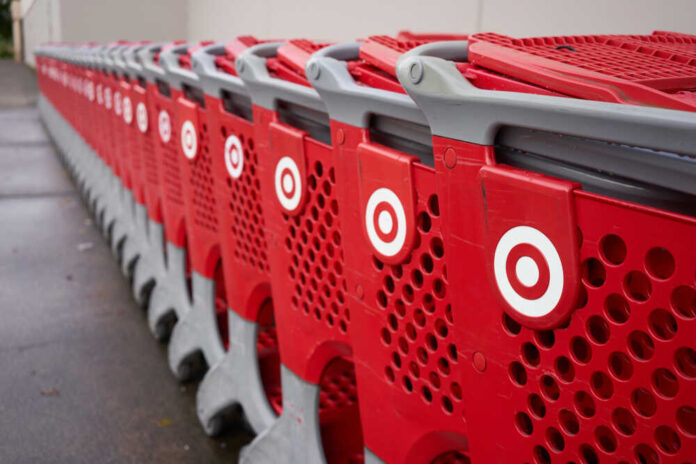
Target, one of America’s leading retailers, has recently stepped up its efforts to combat shoplifting by implementing locked merchandise cases in stores nationwide. This move comes in response to the increasing shoplifting crisis in cities like San Francisco. The retailer’s Folsom Street location has kept items locked up since October 2022. Another Target store in Riverdale, New York, implemented locked cases in its personal care section.
Shoplifting has long been a problem for retailers. Still, recent leniency in prosecuting small-scale theft has emboldened criminals, resulting in a surge in shoplifting incidents. The National Retail Federation (NRF) noted that organized retail crime is a “persistent and endemic problem in the United States that appears to be growing.” In 2021, total losses from shrink, or theft and other inventory losses, increased by roughly 4%, amounting to $94.5 billion.
This a perfect, absolutely perfect example of why we can't have nice things
And,
Why I live in an area where the likely Democrat voter population never goes above a certain percentage
Target expands locked merchandise cases to hit back at shoplifting https://t.co/k7tefD0rwx
— HERSHE®🍊 (@TheRealHershe) April 28, 2023
While some progressive voices argue that shoplifting only harms corporations or insurers, the reality is that every consumer and law-abiding citizen suffers the consequences. Retailers like Target must invest in costly security measures, such as locked cases and additional security personnel, to protect their merchandise. Higher prices inevitably pass these costs on to the consumer, making it more difficult for hard-working Americans to make ends meet.
Target’s spokesperson told FOX Business that the company takes a “multi-layered approach to combating theft,” which includes in-store technology, training for store leaders and security team members, and partnerships with law enforcement agencies and retail trade associations. Locked cases are just one of the retailer’s many theft-deterrent strategies to protect its inventory.
In response to the growing threat of organized retail crime, Target’s CEO Brian Cornell described “shortage” as an industry-wide “financial headwind” during the company’s third-quarter earnings call in November. Target is not alone in its efforts; other retailers, like Walmart and Walgreens, have also faced ballooning theft problems.
Target’s stock price has fallen by nearly one-third over the last 12 months.
Unfortunately, the reluctance to prosecute small-scale thefts sends a message to criminals that there are no consequences for their actions. This leniency not only emboldens would-be thieves but also undermines the safety of store employees and customers alike.
As Target and other retailers continue to invest in security measures to combat shoplifting, it is crucial to remember that this problem is not merely a corporate issue. Every American consumer bears the burden of these criminal acts, making it more critical than ever to hold shoplifters accountable and ensure that our communities remain safe and prosperous for all.
While locked merchandise cases may be an effective short-term solution, it is essential to address the root causes of this issue. By working with legislators, law enforcement, and retail industry partners to support public policy that promotes safety and deters theft, retailers like Target can take a stand for the well-being of all law-abiding citizens.










